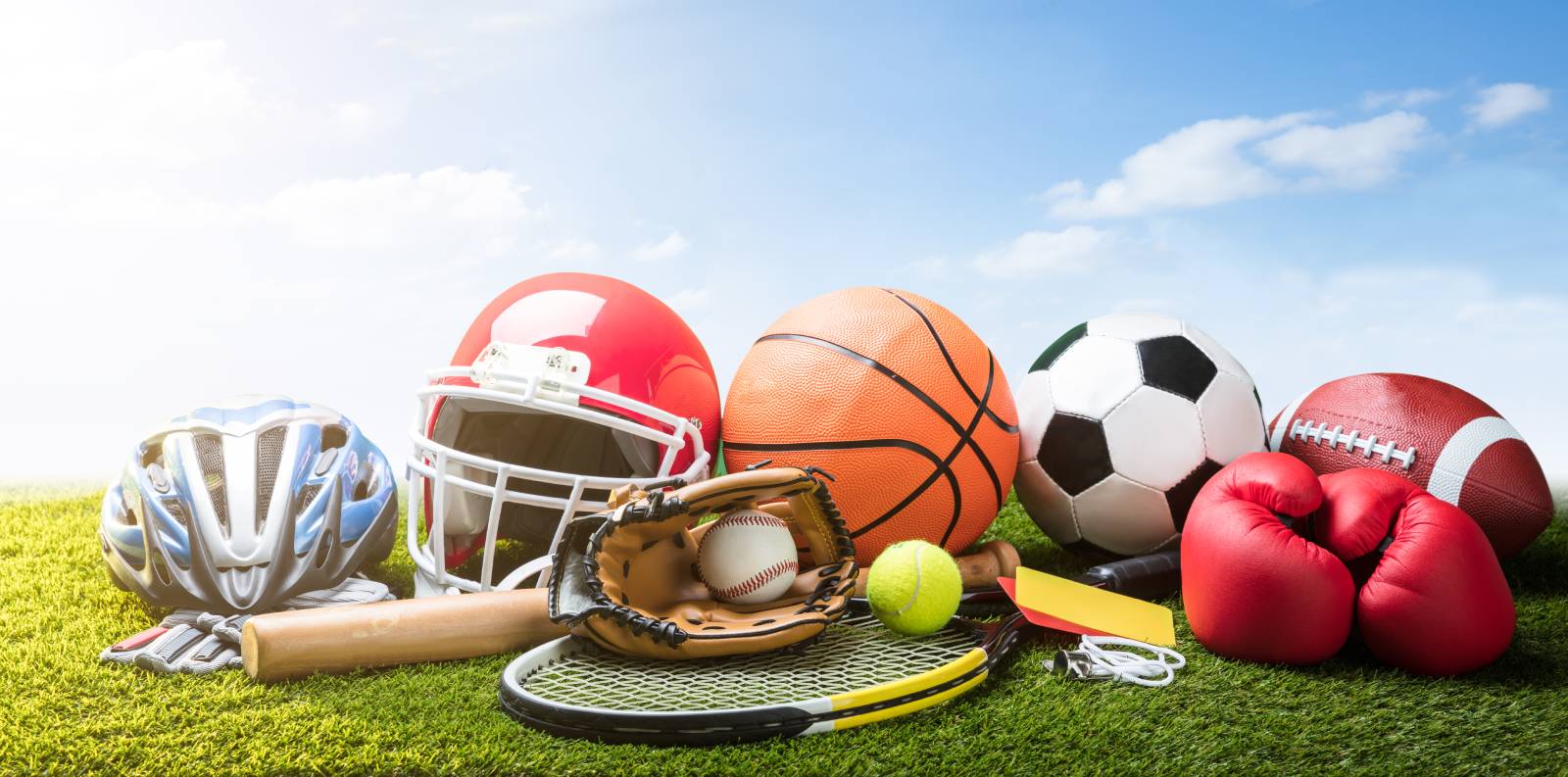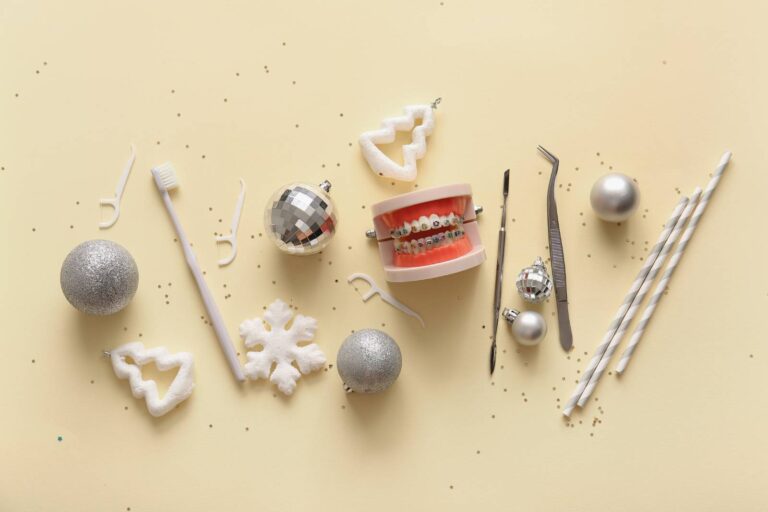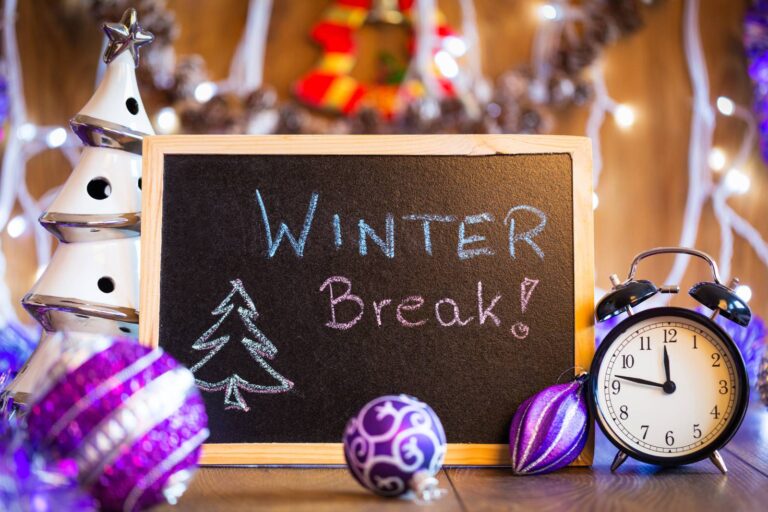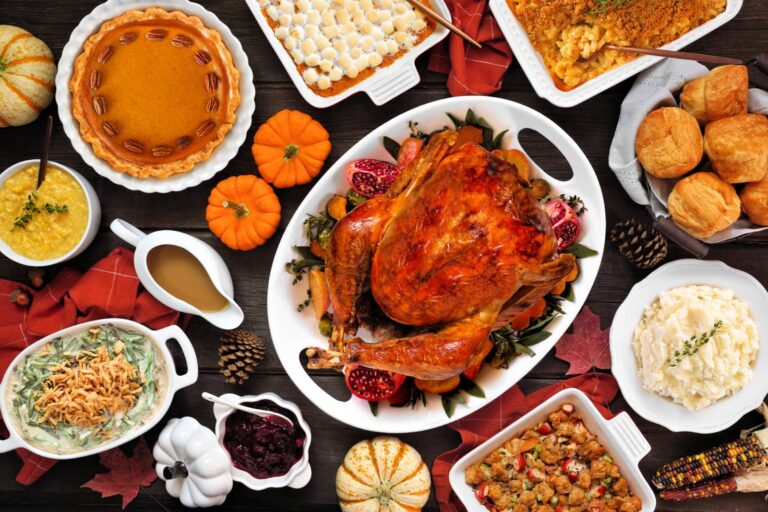Mouthguards get most of the attention when it comes to protecting braces during sports, and for good reason. But there’s more to keeping your athlete’s smile safe through football season, soccer playoffs, and volleyball tournaments than just wearing a mouthguard. Dr. Porto sees plenty of sports-related orthodontic emergencies at our Grandville and Holland locations that could have been prevented with a little extra awareness.
Whether your child plays for the West Ottawa Panthers, suits up for the Grandville Bulldogs, or represents Holland High School, the fall sports season brings a unique set of challenges for athletes in orthodontic treatment. Here’s what parents and athletes need to know beyond the basics.
Hydration Matters More Than You Think
Athletes with braces need to stay even more hydrated than their teammates. Dry mouth increases friction between brackets and the inside of your cheeks and lips, which leads to more irritation and sores. During two-a-day practices or long Saturday tournaments, that friction adds up quickly.
Sports drinks can be helpful for electrolyte replacement during intense activity, but they’re also acidic and full of sugar. If your athlete is sipping Gatorade throughout practice, make sure they’re rinsing with water afterward. Better yet, alternate between sports drinks and plain water to keep their mouth clean while staying hydrated.
Quick tip: Keep a water bottle specifically for rinsing. After drinking anything other than water, take a quick swish and spit before putting the mouthguard back in. This simple habit prevents sugar and acid from sitting around brackets for hours.
Face Protection Beyond Mouthguards
Some sports require or allow additional face protection, and athletes with braces should seriously consider using it. In soccer, a headband with padding might seem optional, but it protects against head-to-head collisions that can drive lips into brackets. Volleyball players diving for saves can benefit from knee pads that encourage proper falling technique, which keeps faces away from the floor.
For sports like lacrosse or hockey, where helmets with face cages are standard, make sure the cage is properly fitted. A loose cage that shifts on impact isn’t protecting anything. The cage should sit close enough to the face to prevent a stick or puck from getting through, but not so close that normal contact drives it into the mouth.
Catchers in baseball and softball need to pay extra attention to their gear. A foul tip to an ill-fitting mask can cause the same bracket damage as taking a pitch to the face without any protection at all. Make sure masks are sized correctly and straps are tightened properly before every game.
Know What to Do When Something Goes Wrong
Even with perfect protection, accidents happen. A bracket pops off during the third quarter. A wire comes loose during warm-ups. Your athlete texts you from the locker room, saying something feels sharp in their mouth. What do you do?
First, don’t panic. Most orthodontic emergencies aren’t true emergencies. A bracket that’s still attached to the wire but loose on the tooth can wait until Monday morning if it happens during a Friday night game. Use orthodontic wax to secure it temporarily and keep it from irritating the mouth.
A wire poking out is uncomfortable but manageable. Use the eraser end of a pencil to gently push it back into place, or cover the end with wax. If the wire is completely out and causing cuts, you can carefully clip it with clean nail clippers and apply wax to the cut end. Then call our office on the next business day.
A knocked-out tooth is a real emergency. If your athlete takes a hit that knocks a tooth completely out, find the tooth immediately. Hold it by the crown (the part you normally see), rinse it gently with water if it’s dirty, and try to place it back in the socket. If that’s not possible, put it in a cup of milk and get to an emergency dentist or ER right away. Time matters with knocked-out teeth.
The Rivalry Game Reality Check
When Grandville faces Hudsonville or Holland takes on Holland Christian in the Tulip City Throwdown, the intensity level jumps. Athletes play harder, emotions run higher, and the physicality increases. These are the games where protection becomes even more critical.
Talk to your athlete before big rivalry games about staying smart. Yes, competition matters. Yes, everyone wants to win. But a moment of aggressive play that results in a mouth injury can mean weeks out of sports and months added to orthodontic treatment. It’s not worth it.
Coaches generally do a good job managing player safety during heated games, but athletes need to take personal responsibility, too. If someone on the other team is playing too physically, tell the ref rather than retaliating. If you feel yourself getting too amped up, take a breath and refocus.
Practice Safety Matters Too
Most sports injuries don’t happen during Friday night games under the lights. They happen during Tuesday afternoon practice when everyone’s tired, focus is slipping, and protective gear gets left in lockers because “it’s just practice.”
Mouthguards need to be worn during every practice, not just games. Contact drills, scrimmages, and even some conditioning exercises carry injury risk. The routine ground ball that takes a bad hop, the volleyball serve that comes in hot during pepper drills, the teammate who accidentally elbows you during a rebound drill—these are the moments that cause orthodontic emergencies.
Make wearing protective gear as automatic as putting on cleats. It goes on before practice starts and doesn’t come off until practice ends. No exceptions.
Communication is Key
Your athlete needs to feel comfortable speaking up when something with their braces doesn’t feel right. A minor irritation during first period that gets ignored can turn into a major problem by the time practice starts after school. Encourage your child to tell you, their coach, or the athletic trainer if they’re dealing with orthodontic discomfort.
Similarly, let coaches and athletic trainers know that your child is in orthodontic treatment. Most are experienced with managing athletes who have braces, but they can’t help if they don’t know. A quick conversation at the beginning of the season can prevent confusion if an issue arises mid-game.
Keep our contact information saved in your phone and your athlete’s phone. If something happens during an away game or weekend tournament, you want to be able to reach us quickly to determine whether it’s something that can wait or needs immediate attention.
The Big Picture
Fall sports season in West Michigan is intense, competitive, and incredibly rewarding for young athletes. Orthodontic treatment shouldn’t keep your child off the field, court, or course. With proper protection, good communication, and smart decision-making, athletes with braces can compete safely and successfully all season long.
Dr. Porto played sports growing up and now has two daughters navigating their own activities and interests. He understands that sports aren’t just about physical development—they teach teamwork, resilience, and time management. We’re here to make sure orthodontic treatment enhances your child’s confidence rather than limiting their opportunities to compete and grow.
Questions about sports safety with braces? Dealing with a sports-related orthodontic issue? Contact Enjoy Orthodontics in Grandville or Holland. We’re here to help your athlete stay safe and keep smiling.





